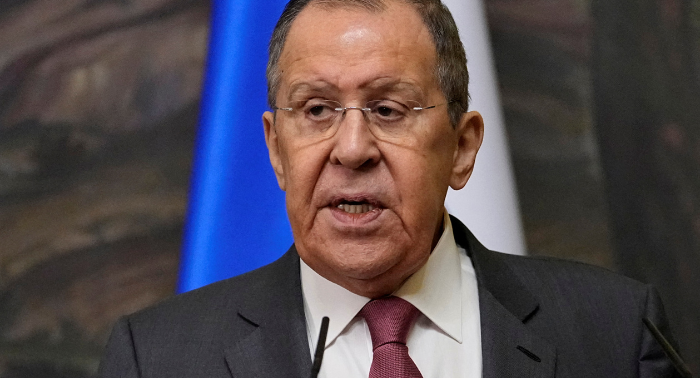A comprehensive foreign aid package sailed through the U.S. Congress late on Tuesday following extensive delays, paving the way for fresh assistance to Ukraine amid escalating tensions from Russia’s invasion and Kyiv’s pressing need for military supplies.
The Senate overwhelmingly passed four bills, originally passed by the House of Representatives on Saturday, with a vote of 79 to 18, after House Republican leaders reversed course last week and allowed a vote on the $95 billion aid package, primarily directed towards Ukraine, Israel, Taiwan, and U.S. partners in the Indo-Pacific. These bills were consolidated into a single package in the Senate.
The largest component allocates $61 billion in urgently required funding for Ukraine. Another portion earmarks $26 billion for Israel and humanitarian assistance for civilians in conflict zones globally, while an additional $8.12 billion is designated to counteract China’s influence in the Indo-Pacific.
A fourth segment, added by the House last week, includes measures such as a potential ban on TikTok, provisions for transferring seized Russian assets to Ukraine, and imposing new sanctions on Iran.
President Biden has pledged to sign the legislation into law promptly, with his administration already preparing a $1 billion military aid package for Ukraine, drawing from the funds allocated in the bill, according to two U.S. officials cited by Reuters.
Leaders from both Democratic and Republican parties in the Senate emphasized that the passage of this aid package signals a decisive shift in U.S. foreign policy, reaffirming Washington’s commitment to supporting Ukraine and other international partners in the face of Russian aggression.
Senate Majority Leader Chuck Schumer characterized the moment as an “inflection point in history,” highlighting the significant threat posed to Western democracy since the end of the Cold War.
However, opposition to the aid package, particularly concerning security assistance for Ukraine, has primarily come from Republicans with close ties to former President Donald Trump, who has been skeptical of providing aid to Ukraine.
Senate Republican Leader Mitch McConnell expressed regret over the delay in passing the aid package, largely due to objections from hardline Republicans hesitant to allocate additional funds beyond the $113 billion already authorized for Kyiv since Russia’s invasion in February 2022.
The aid package also includes $10 billion in economic support for Ukraine, partly in the form of a loan, a provision that had been suggested by Trump. However, the bill allows the president to forgive the loan starting in 2026.
The influx of weapons is expected to bolster Kyiv’s defense capabilities against Russian forces, although analysts noted that the aid would have been more effective if provided closer to when Biden initially requested it last year.
Regarding the impact of the aid on the Israel-Gaza conflict, it remains uncertain how the additional funding will influence the situation. Israel already receives substantial annual security assistance from the U.S., but recent developments, including direct aerial attacks by Iran, have raised concerns.
Advocates for humanitarian assistance hope that the aid package will alleviate the suffering of Palestinians in Gaza, which has faced extensive devastation due to Israel’s retaliatory campaign against Hamas following attacks in October 2022, resulting in significant civilian casualties.
The passage of this legislation follows a similar aid package approved earlier this year by the Democratic-led Senate, indicating bipartisan support for bolstering assistance to Ukraine, Israel, and other allies in the Indo-Pacific region. However, the Republican-controlled House delayed voting on the aid until last week.
The progress of this legislation has been closely monitored by defense industry observers, as major U.S. defense contractors stand to benefit from significant contracts to supply equipment to Ukraine and other U.S. allies.
The House passed the Ukraine funding with a vote of 311-112, with all “no” votes coming from Republicans, highlighting divisions within the party over further assistance to Kyiv. Despite calls for his removal as House leader, Speaker Mike Johnson retained his position as the House adjourned for a week-long recess without holding a vote on his ouster.




